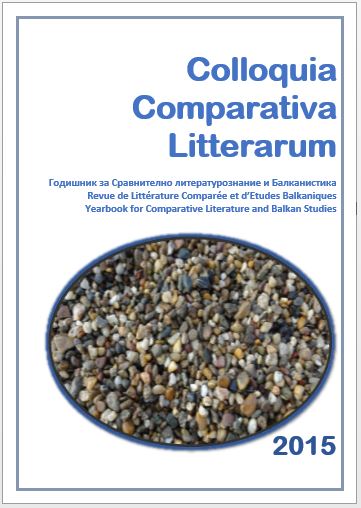От хуманизма до постхуманизма: разсъжденията за Европа у Томас Ман, Андре Жид и Ханс-Магнус Енценсбергер
From Humanism to Post-humanism: Discorse on Europe in the Works of Thomas Mann, Andre Gide and Hans-Magnus Enzensberger.
Author(s): Manfred SchmelingSubject(s): Language and Literature Studies, Studies of Literature, Comparative Study of Literature, French Literature, German Literature, Philology, Translation Studies, Theory of Literature
Published by: Софийски университет »Св. Климент Охридски«
Keywords: European conscience; “Weltliteratur” (world literature); national literatures; Thomas Mann; André Gide; Hans-Magnus Enzensberger
Summary/Abstract: Thomas Mann dealt with the topic of Europe on several levels: literary, theoretically and in the course of time. In his novel The Magic Mountain, the – symbolically speaking – “sick Europe” is meeting in a Swiss sanatorium. André Gide, who is like Thomas Mann a European in spirit, commented on Mann’s essay “Achtung, Europa!” (1936) with these words: “Mann reste […] un humaniste dans le sens le plus plein du mot.” Hans-Magnus Enzensberger – poet and critical observer of European developments – counters this humanistic idea of Europe with a new concept in, among other texts, “Eurozentrismus wider Willen” and Ach Europa (Europe, Europe: Forays into a Continent), which can be considered a mixture of essay and literary travelogue. Enzensberger opposes the political and economic attempts at harmonization imposed from Brussels and emphasizes the cultural distinctions of each individual European country. Linked to this commitment to alterity is a postmodern concept, which at the same time questions the grown humanistic discourse on Europe.
Journal: Colloquia Comparativa Litterarum
- Issue Year: 2015
- Issue No: 1
- Page Range: 41-51
- Page Count: 11
- Language: Bulgarian

